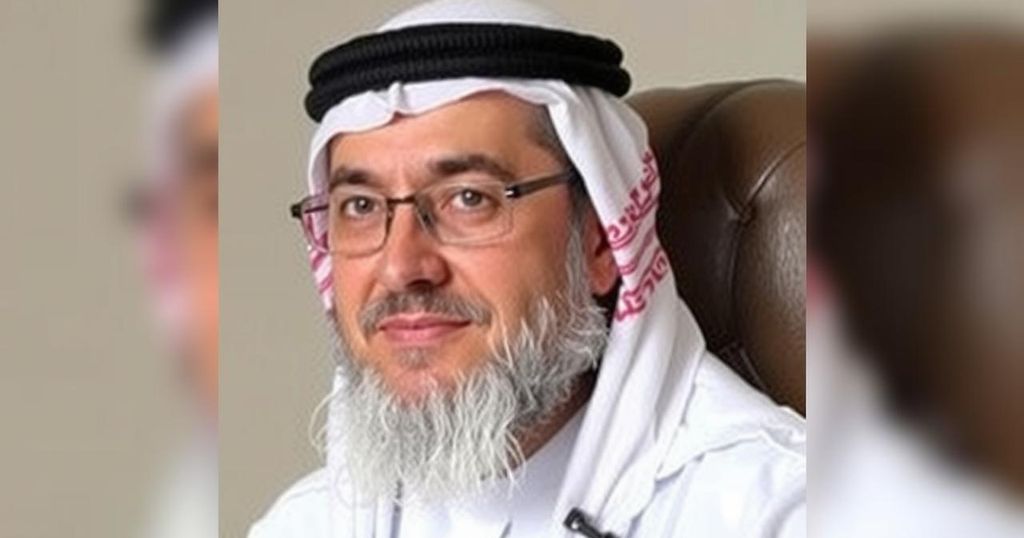Lebanon has decided to extradite Abdul Rahman al-Qaradawi, the son of late cleric Youssef al-Qaradawi, to the UAE after his detention due to critical remarks against Gulf states. His defense team fears they may not be able to halt the extradition in time, raising significant concerns regarding freedom of expression.
Lebanon is preparing to extradite Abdul Rahman al-Qaradawi, the son of the late prominent Muslim cleric Youssef al-Qaradawi, to the United Arab Emirates (UAE) following a decision approved by the Lebanese caretaker government. Abdul Rahman al-Qaradawi, an Egyptian-Turkish poet, was detained on December 28, 2022, after arriving from Syria, primarily due to his critical remarks against the UAE, Saudi Arabia, and Egypt, made in an online video. His legal counsel, Mohammad Sablouh, along with Amnesty International, have expressed concern regarding the potential implications for his client’s right to free expression, urging the Lebanese authorities to reject the extradition requests submitted by both the UAE and Egypt. Additionally, there are fears that legal attempts to block his extradition may be too late, as he could be forcibly removed from Lebanon prior to any appeal.
The extradition of Abdul Rahman al-Qaradawi occurs within a complex geopolitical framework involving the Gulf states and Lebanon. Youssef al-Qaradawi was a highly influential Sunni cleric whose sermons, broadcast widely via Al Jazeera, exacerbated existing tensions among Gulf nations, particularly leading to a blockade against Qatar initiated by Saudi Arabia and its allies in 2017. Following his death in 2022, his son has faced scrutiny and legal challenges, largely attributed to his outspoken views that are perceived as oppositional to the interests of the Egyptian and UAE regimes.
In summation, Lebanon’s decision to extradite Abdul Rahman al-Qaradawi highlights significant issues surrounding freedom of expression and the political ramifications of dissent in the Middle East. As this situation unfolds, concerns persist about the integrity of the judicial processes involved and the broader implications for similar cases in the region. The involvement of prominent human rights organizations underscores the critical need for protection of civil liberties amidst state pressures.
Original Source: www.hindustantimes.com






